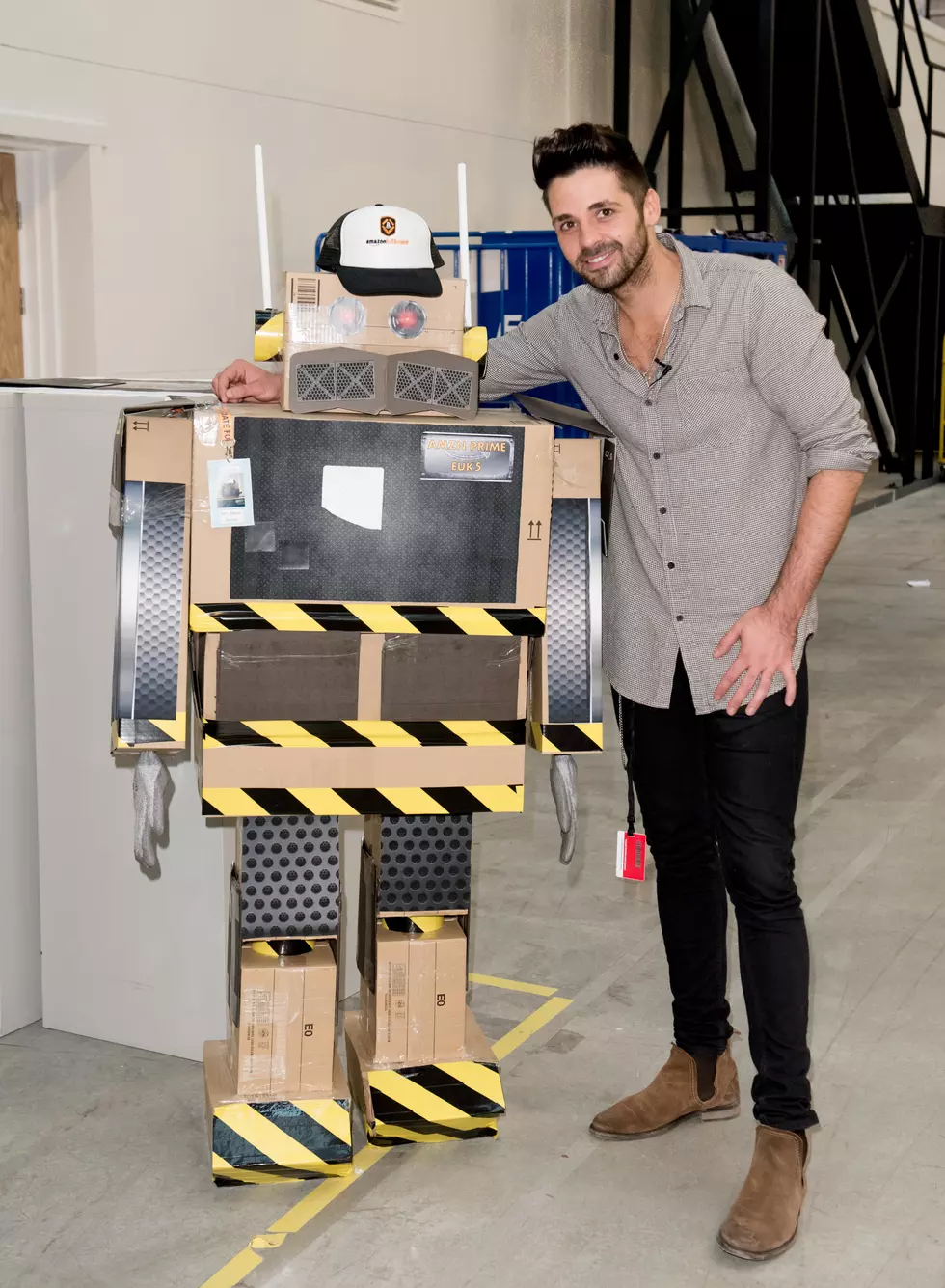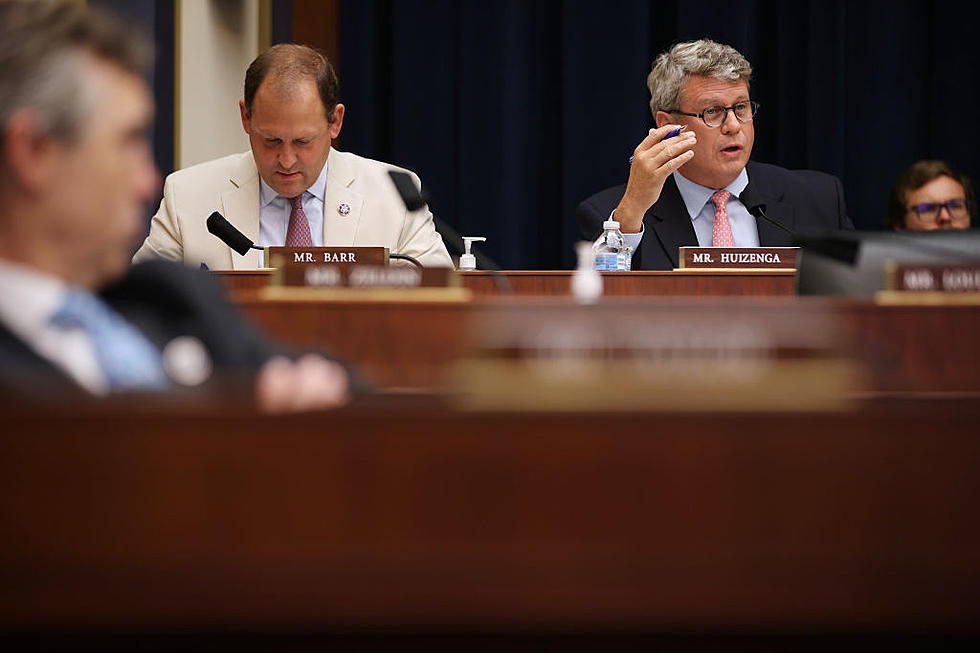
Universal Income; Good or Bad Idea?
The idea of a guaranteed income to all Americans sounds like a great idea, who would not want money given to them by the government for the simple reason of your existence and citizenship in the United States.
Like all good ideas the main question is who and how are we going to pay for it.
We already owe more than S21 trillion dollars in federal debt and that number is climbing at an embarrassing alarming rate.
First let us tackle the question of basic universal income, basicincome.org defines it as:
a periodic cash payment unconditionally delivered to all on an individual basis, without means-test or work requirement
Basicincome.org goes on to explain that a basic income has the following five characteristics:
- Periodic: it is paid at regular intervals (for example every month), not as a one-off grant.
- Cash payment: it is paid in an appropriate medium of exchange, allowing those who receive it to decide what they spend it on. It is not, therefore, paid either in kind (such as food or services) or in vouchers dedicated to a specific use.
- Individual: it is paid on an individual basis—and not, for instance, to households.
- Universal: it is paid to all, without means test.
- Unconditional: it is paid without a requirement to work or to demonstrate willingness-to-work.
More people are thinking and discussing this concept due to our growing dependence on computer software programs and specifically artificial intelligence and robotics. They believe and are correct to some point that many of our jobs today and in the future will be taken from human beings and replaced by robots.
That is probably true but we really do not know what the future has in store for us concerning job opportunities that have not been thought about in the future.
Have your heard the term creative destruction? According to Economicshelp.org:
Creative destruction refers to the process of how capitalism leads to a constantly changing structure of the economy. Old industries and firms, which are no longer profitable, close down enabling the resources (capital and labor) to move into more productive processes.
An example is the horse and buggy which was replaced by cars and trucks or film for our personal pictures and the invention of digital cameras.
The newest entry of politicians to join the chorus of universal income is a Democrat Senator from California, Kamala Harris. The Sacramento Bee is reporting that she wants all:
American families making less than $100,000 a year could be eligible for a monthly tax credit of up to $500, or $6,000 a year… Individuals making less than $50,000 would be eligible for up to $250 a month, $3,000 a year.
One problem is she is not letting us know how she would intend to pay for it.
There are about 127 million families who live in America and let us assume that 90% of these families make less than $100,000 a year. That would cost taxpayers approximately $686,000,000,000 billion a year.
There are roughly 120 million individuals who make less than $50,000 per year. That would cost taxpayers approximately an additional $360,000,000,000 billion a year.
Again Senator Harris how do you plan on paying for approximately $1 trillion dollars a year in a basic universal income for all?
That certainly is an important question and must be answered before we would even seriously consider a basic universal income for all.
Another concern I would have is would this basic universal income crush the motivation for people to improve their lot in life and do what is necessary to earn more income if that is what they desire.
We need answers before we go down the road of adding another trillion dollars a year to our federal debt, wouldn’t you say?
More From WBCKFM









